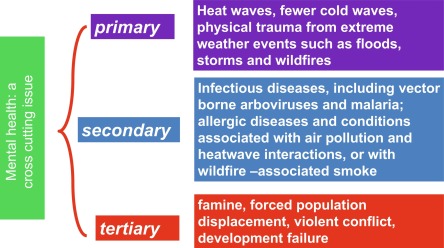Technological Pathways for Africa' s Net-Zero Economy, Technology Solutions to Unlock Africa's Sustainable Future, 2025, Pages 139-157
This chapter aligns with SDG Goals 7, 11, and 13 by exploring the significance of international partnerships and collaborations in promoting innovation and expanding renewable energy initiatives in Africa. It offers pragmatic suggestions for incorporating renewable energy alternatives into Africa's development agenda.
Nanoclay-Based Sustainable Materials: Functional Properties, Characterization, and Multifaceted Applications, Volume , 1 January 2024
Smart City Assessment, A Novel Framework for Development and Evaluation of Smart Cities, 2024, Pages 135-184
This chapter aligns with SDG Goals 7, 11, and 13 by discussing the challenges and opportunities in integrating renewable energy, ensuring infrastructure resilience, addressing data privacy, and bridging the digital divide.
Environmental Health Behavior: Concepts, Determinants, and Impacts, Volume , 1 January 2024
Environmental Health Behavior: Concepts, Determinants, and Impacts, Volume , 1 January 2024
Renewable and Clean Energy Systems Based on Advanced Nanomaterials: Basis, Preparation, and Applications, Volume , 1 January 2024
Handbook of Nanomaterials: Electronics, Information Technology, Energy, Transportation, and Consumer Products: Volume 1, Volume 1, 1 January 2024

